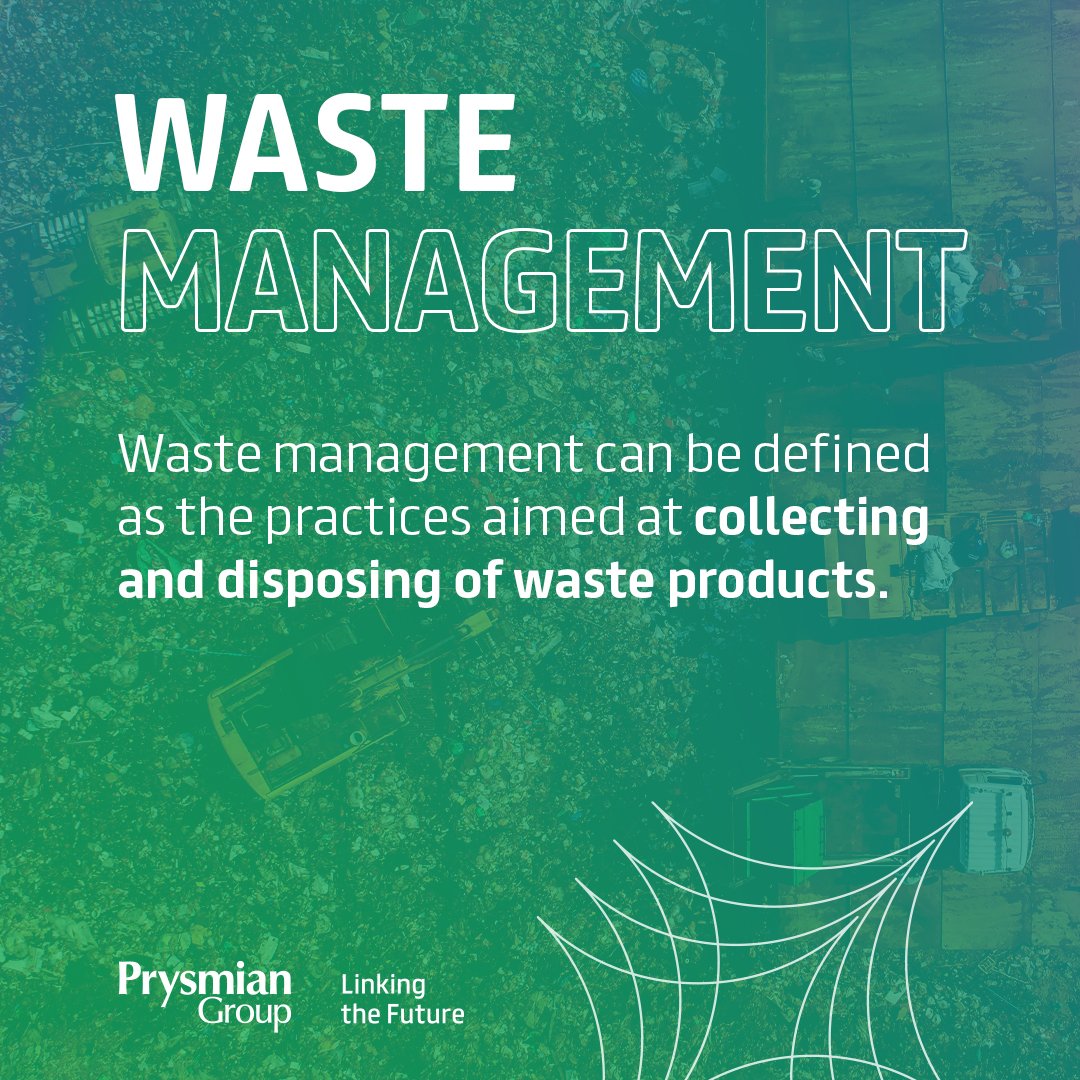5 Simple Techniques For Reclaim Waste
The Main Principles Of Reclaim Waste
Table of ContentsThe Definitive Guide for Reclaim WasteThe Greatest Guide To Reclaim WasteThe Best Strategy To Use For Reclaim WasteThe Best Strategy To Use For Reclaim WasteWhat Does Reclaim Waste Do?
Discover the types, events, and types of fluid waste. Residential sewage waste refers to the waste and items from a household septic storage tank. This kind of waste is created by people in homes, colleges, and various other structures. This only consists of septic storage tanks that have a drain field. The appropriate administration and disposal of residential sewer waste require fluid waste to be moved to a sewer therapy plant where the proper approaches and devices are put on cleanse and take care of waste.
Business waste usually consists of potential risks, such as combustible materials or a mix of fluid and strong waste products, and needs an advanced and thorough disposal process. The disposal of industrial waste commonly entails the filtration of waste before transportation to make sure secure and proper disposal. Industrial waste is produced from by-products and overflow of commercial procedures and manufacturing.
This sort of waste can not use the exact same sewage administration transport or procedures as septic or business fluids. The commercial waste monitoring procedure requires the assessment and screening of fluid waste prior to it undertakes the disposal process (liquid waste disposal). Drainage waste is the fluid waste that originates from drainage and excess stormwater in very booming locations or cities
Drainage waste can create contamination and flooding otherwise handled correctly. Find out extra concerning sewer cleaning and waste administration. Making certain correct waste monitoring can protect against calamities and lower ecological harm. Both people in domestic settings and professionals in industrial or manufacturing sectors can take advantage of comprehending the procedures and policies of liquid waste administration.
Indicators on Reclaim Waste You Should Know
Call PROS Providers today to find out regarding our waste management and disposal solutions and the correct ways to look after the liquid waste you produce.
(https://www.openstreetmap.org/user/reclaimwaste1)Do you understand what occurs to your water when you pull the plug, purge the bathroom or drain the cleaning machine? No? Well, it deserves recognizing. This supposed 'wastewater' is not just a vital resource however, after therapy, will be released to our land, rivers or the ocean. Used water from toilets, showers, bathrooms, cooking area sinks, laundries and industrial procedures is understood as wastewater.

water used to cool down equipment or clean plant and tools). Stormwater, a form of wastewater, is overflow that streams from agricultural and urban areas such as roofs, parks, gardens, roads, courses and rain gutters into stormwater drains pipes, after rainfall. Stormwater flows neglected straight to neighborhood creeks or rivers, eventually reaching the ocean.
The Basic Principles Of Reclaim Waste
In Queensland, the majority of wastewater is dealt with at sewage treatment plants. Wastewater is moved from domestic or industrial sites with a system of sewage systems and pump terminals, called sewerage reticulation, to a sewage treatment plant. Regional governments develop, keep and run most sewage treatment plants. Operators are licensed under the Environmental Management Act 1994 to release cured wastewater at an appropriate ecological criterion right into rivers.
The Department of Natural Resources recommends city governments concerning handling, operating and preserving sewerage systems and therapy plants. In unsewered locations, regional governments may require owners to mount private or family sewer treatment systems to treat domestic wastewater from toilets, kitchens, restrooms and laundries. The Department of Natural Resources authorises making use of home systems when they are shown to be efficient.
Many stormwater gets no treatment. In some brand-new neighborhoods, therapy of some stormwater to remove clutter, sand and gravel has actually begun making use of gross contaminant catches. Wastewater therapy happens in four phases: Eliminates solid issue. Bigger solids, such as plastics and other things mistakenly released helpful hints to drains, are eliminated when wastewater is passed with screens.
Wastewater after that moves into big containers where solids work out and are gotten rid of as sludge. Grease and scum are skimmed from the surface area. Utilizes little living organisms knows as micro-organisms to break down and get rid of remaining liquified wastes and fine particles. Micro-organisms and wastes are incorporated in the sludge. Eliminates nitrogen and phosphorus nutrients that could trigger algal blossoms in our waterways and endanger water life.
Reclaim Waste Can Be Fun For Anyone
Nutrient elimination is not offered at all sewage treatment plants because it calls for pricey specialist devices. Clear liquid effluent created after therapy may still contain disease-causing micro-organisms - industrial wastewater treatment.

This generally indicates wastewater has to be treated or impurities eliminated before it can be released to waterways. The majority of wastewater streams into the sewage system. Under the Act, city governments carry out approvals and permits for ecologically relevant tasks (Ages) involving wastewater launches that may have a local effect. The division carries out authorizations and licences to Periods including wastewater releases that may have a regional or statewide effect.
Reclaim Waste Can Be Fun For Everyone
Tracking supplies valid details concerning water quality and can verify that permit problems are being satisfied. The information obtained via surveillance supplies the basis for making water quality decisions.